Individuals & Events
Of course, individuals and events permeate history. However, the Key Stage 1 units of study particularly require the study of significant individuals and events. What makes an individual significant? What might be considered a significant event? The emphasis is upon a comparison of individuals and events that can be used to make links across time, themes and geographical space. In this section you will find resources and articles to help you to plan innovative units of work based around individuals and events that can either be used to reveal a local, national and international picture, or that can be used to illustrate themes over time or geographical space.
Sort by:
Date (Newest first) | Title A-Z
Show:
All |
Articles |
Podcasts |
Multipage Articles
-

Beyond compare: a study of Beatrix Potter and Benjamin Zephaniah
ArticleClick to view -

Sarah Forbes Bonetta: Scheme of Work
ArticleClick to view -
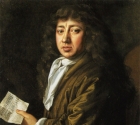
KS1: Teaching about significant individuals
ArticleClick to view -

Ideas for Assemblies - Remembrance
ArticleClick to view -

From Home to the Front: World War I
ArticleClick to view -
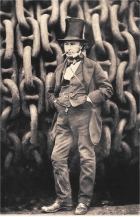
Scheme of Work: Brunel
ArticleClick to view -
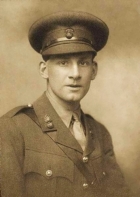
Siegfried Sassoon Diaries Online
ArticleClick to view -
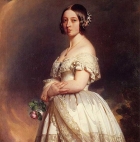
Victorians
ArticleClick to view -
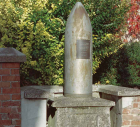
Using the back cover image: Westonzoyland War Memorial
ArticleClick to view -

Chronology: Developing a coherent knowledge
ArticleClick to view -

The Diary of Samuel Pepys Online
ArticleClick to view -
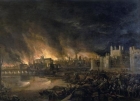
The Great Fire of London and the National Curriculum
ArticleClick to view -
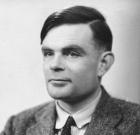
Alan Turing
ArticleClick to view -
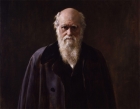
Podcast Series: Charles Darwin
Multipage ArticleClick to view -
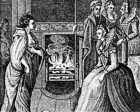
Teaching and learning about Grace O'Malley as a significant woman at Key Stage 1
ArticleClick to view -

Towards inclusion: A study of significant figures and disability within the national curriculum
ArticleClick to view -

Significance at Key Stage 1
Multipage ArticleClick to view -

Teaching famous people at key stage one
ArticleClick to view -
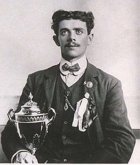
An Olympic Great? Dorando Pietri
ArticleClick to view -
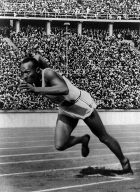
From Champion to Hero: Engaging Pupils in a study of significant Olympians
ArticleClick to view

